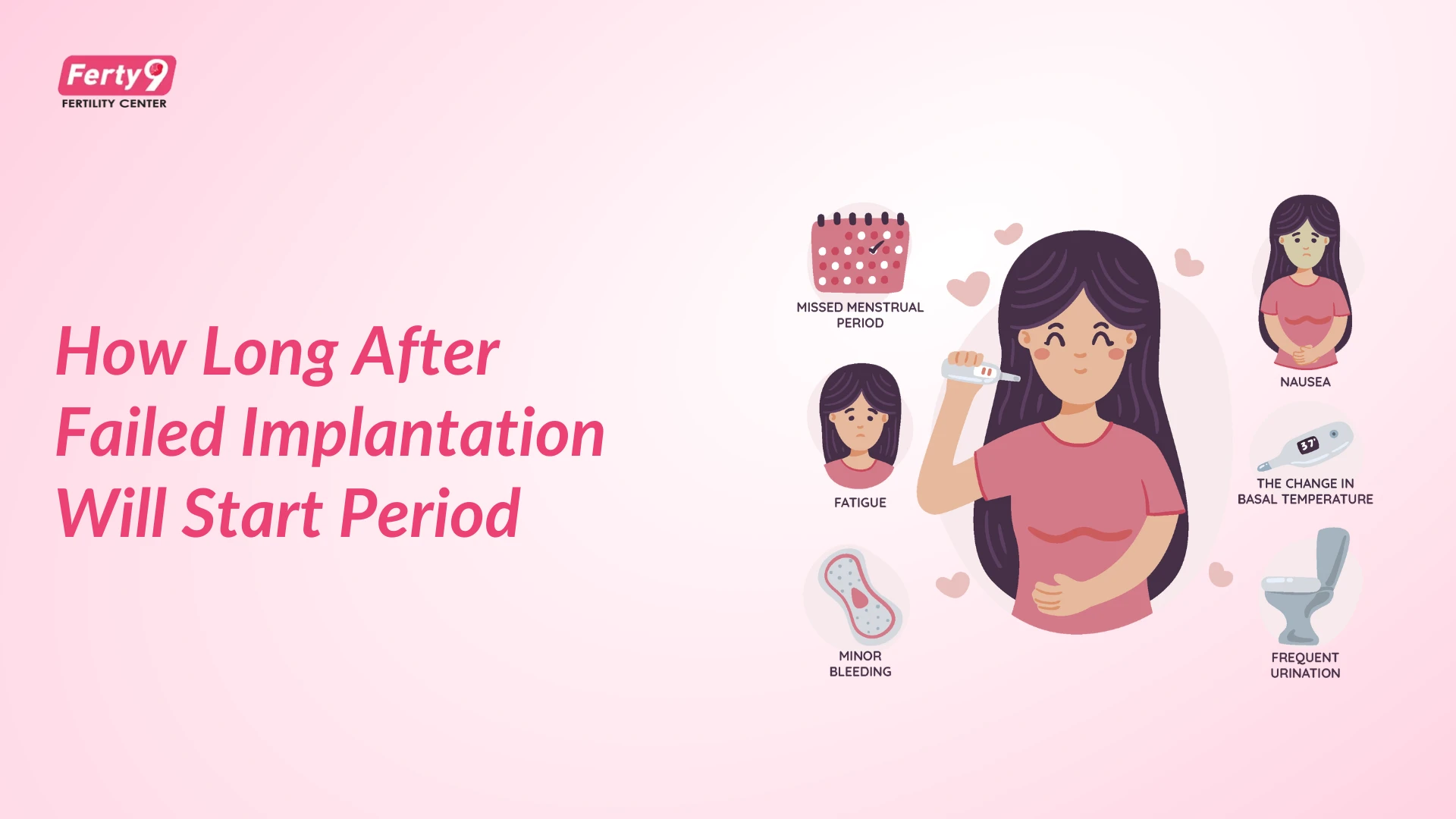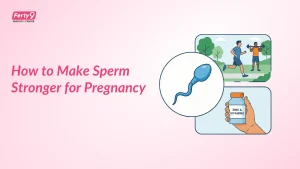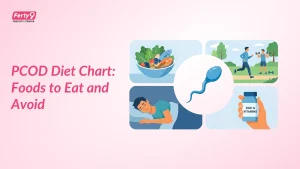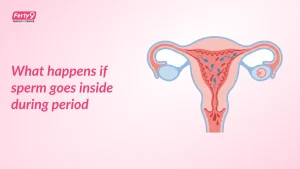When you’re trying to conceive, every stage of your cycle is filled with anticipation. Implantation—the moment a fertilized egg attaches to your uterine lining—is a critical event that marks the beginning of pregnancy. But what happens when it doesn’t occur? This is known as failed implantation.
The most pressing question on your mind is likely, “If implantation didn’t happen, when will I get my period?” Understanding this timeline can help manage expectations and reduce anxiety during the two-week wait. Let’s explore what happens in your body and when you can expect your cycle to restart.
Learn more about the Period Calculator in our detailed guide.
Understanding the Implantation Process
What Happens During Implantation?
Implantation is a delicate process that typically occurs 6 to 10 days after ovulation. After fertilization, the embryo travels to the uterus. During this time, the hormone progesterone works to prepare a thick, nutrient-rich uterine lining. If the embryo successfully attaches to this lining, it begins to produce the pregnancy hormone hCG (Human Chorionic Gonadotropin), which signals the body to maintain the pregnancy.
What Causes Implantation to Fail?
Failed implantation is very common and doesn’t always indicate a fertility problem. Common reasons include:
- Chromosomal issues with the embryo.
- Hormonal imbalances (low progesterone).
- A thin or unreceptive uterine lining.
- Poor egg or sperm quality.
- High levels of stress.
Period After Failed Implantation: When Does It Start?
Normal Cycle Timing
If the embryo fails to implant, it does not produce hCG. Without this pregnancy signal, your progesterone levels will naturally drop, signaling your body to shed the uterine lining. This triggers your period.
Your period should start around 10 to 16 days after ovulation, which is the normal timeframe for the second half of your cycle (the luteal phase). Essentially, you can expect your period to arrive right on schedule.
Early Signs That Your Period Is Coming
- A drop in your basal body temperature (if you are tracking it).
- Typical PMS symptoms like bloating, cramping, breast tenderness, and mood swings.
- You might notice some light spotting a day or two before the full flow begins.
Can Implantation Failure Delay Your Period?
Yes, sometimes your period might be delayed by a few days. This can happen due to mild hormonal fluctuations from the conception attempt or other factors like stress, illness, or changes in your daily routine. A delay of 1-3 days is usually not a cause for concern.
Implantation Bleeding vs. Period: How to Tell the Difference
It’s easy to confuse implantation bleeding with an early period. Here’s a quick guide to tell them apart:
| Feature | Implantation Bleeding | Period |
| Timing | 6–10 days post-ovulation | 12–16 days post-ovulation |
| Color | Light pink or brown | Bright or dark red |
| Flow | Very light spotting | Starts light but becomes a steady flow |
| Duration | 1–2 days | 3–7 days |
Signs of Failed Implantation
- A Shortened Luteal Phase: Your period arrives earlier than usual, less than 10 days after you ovulate.
- A Sudden Temperature Drop: If you’re charting your BBT, you’ll see a distinct drop in temperature before your period starts.
- Early PMS Symptoms: You start feeling the usual pre-menstrual symptoms on schedule.
- A Negative Pregnancy Test: A negative test result on the day of your missed period is a strong indicator that implantation did not occur.
When to Be Concerned
While a failed implantation is common, you should consult a fertility specialist at Ferty9 if you notice:
- Your cycles suddenly become very irregular or consistently short.
- You suspect frequent failed implantation, especially after multiple attempts to conceive or after IVF cycles.
- You experience unusually heavy bleeding or severe pain.
Tips to Improve Implantation Success in the Future
You can take proactive steps to create a healthier environment for implantation:
- Eat a Nutrient-Rich Diet: Focus on anti-inflammatory foods rich in zinc, vitamin D, and omega-3s. Include plenty of leafy greens, nuts, seeds, and lentils.
- Avoid Harmful Substances: Reduce or eliminate smoking, alcohol, and excessive caffeine.
- Manage Stress: High levels of the stress hormone cortisol can interfere with progesterone. Practice yoga, meditation, or deep breathing.
- Consult Your Doctor: If you are undergoing IVF, your Ferty9 doctor will likely prescribe progesterone supplements (luteal support) to help maintain a healthy uterine lining.
Summary
After a failed implantation, you can generally expect your period to arrive around its usual scheduled time, typically 10 to 16 days after ovulation. Slight variations are normal and often not a sign of a problem.
Monitoring your cycles is a powerful tool on your fertility journey. If you notice persistent irregularities or have concerns, our expert team at Ferty9 is here to provide the guidance and support you need.





























